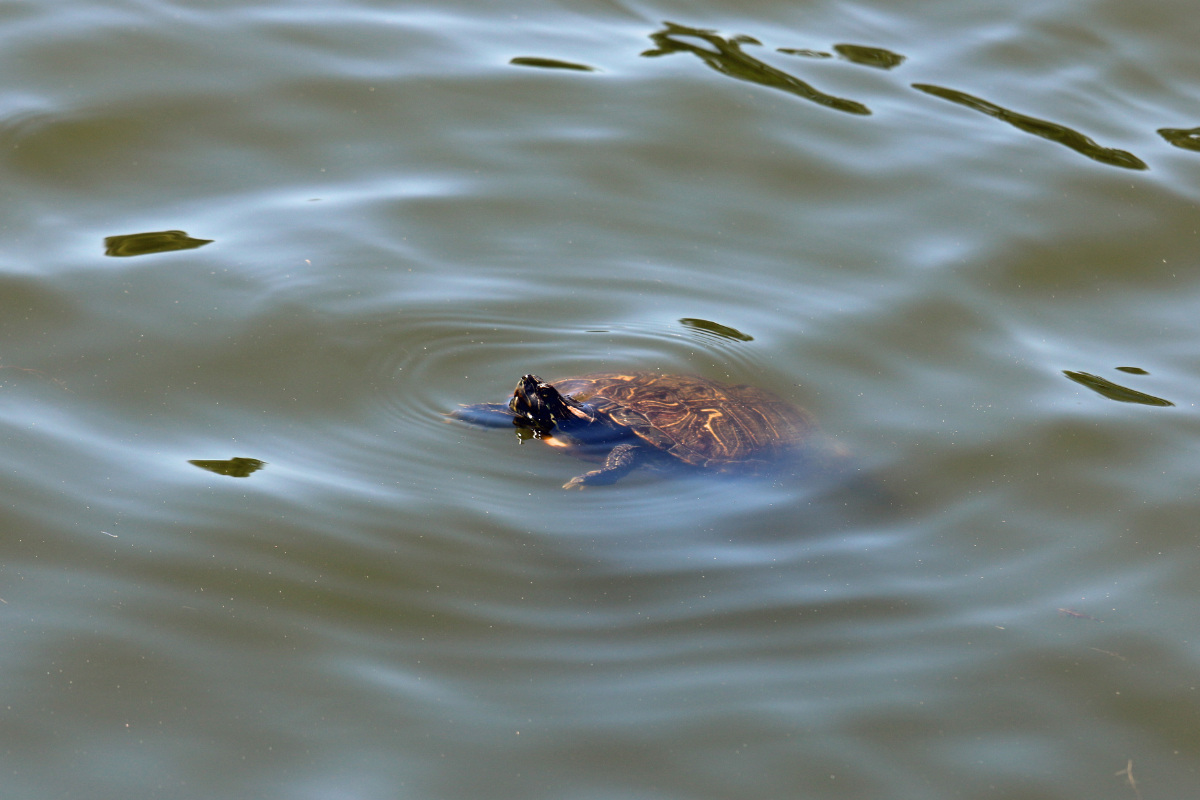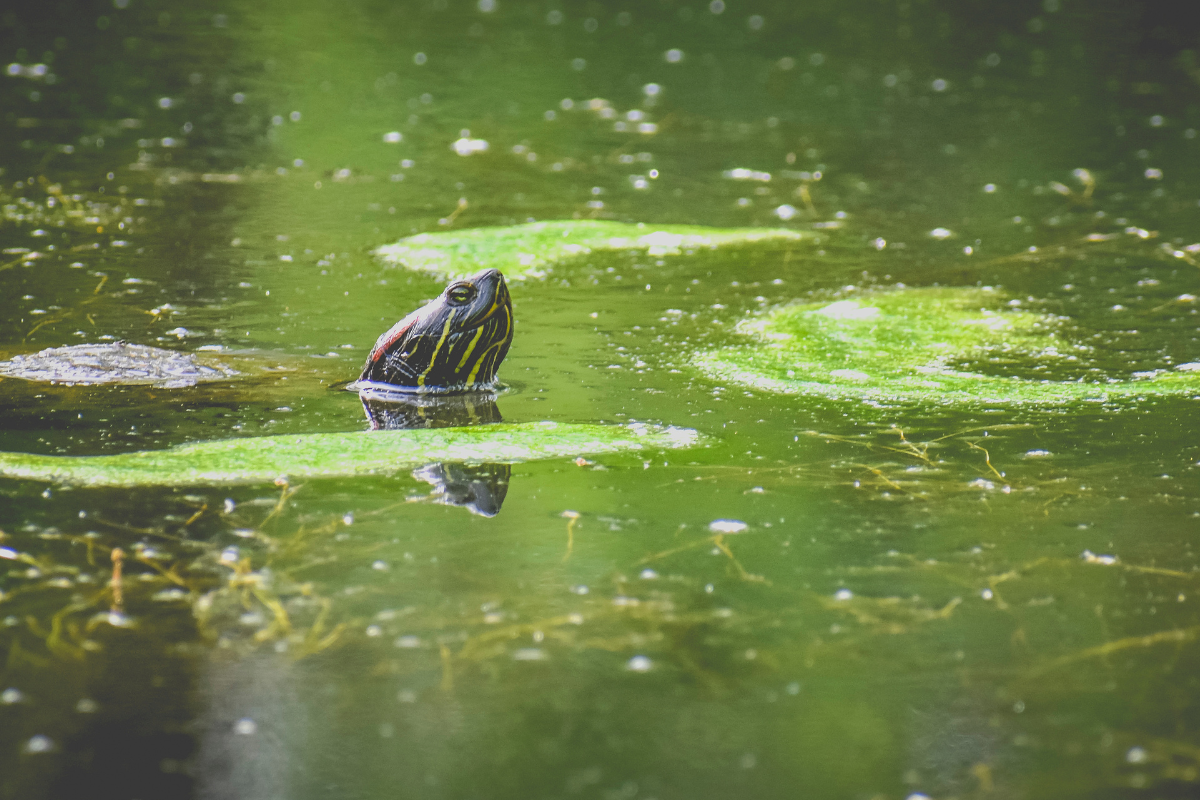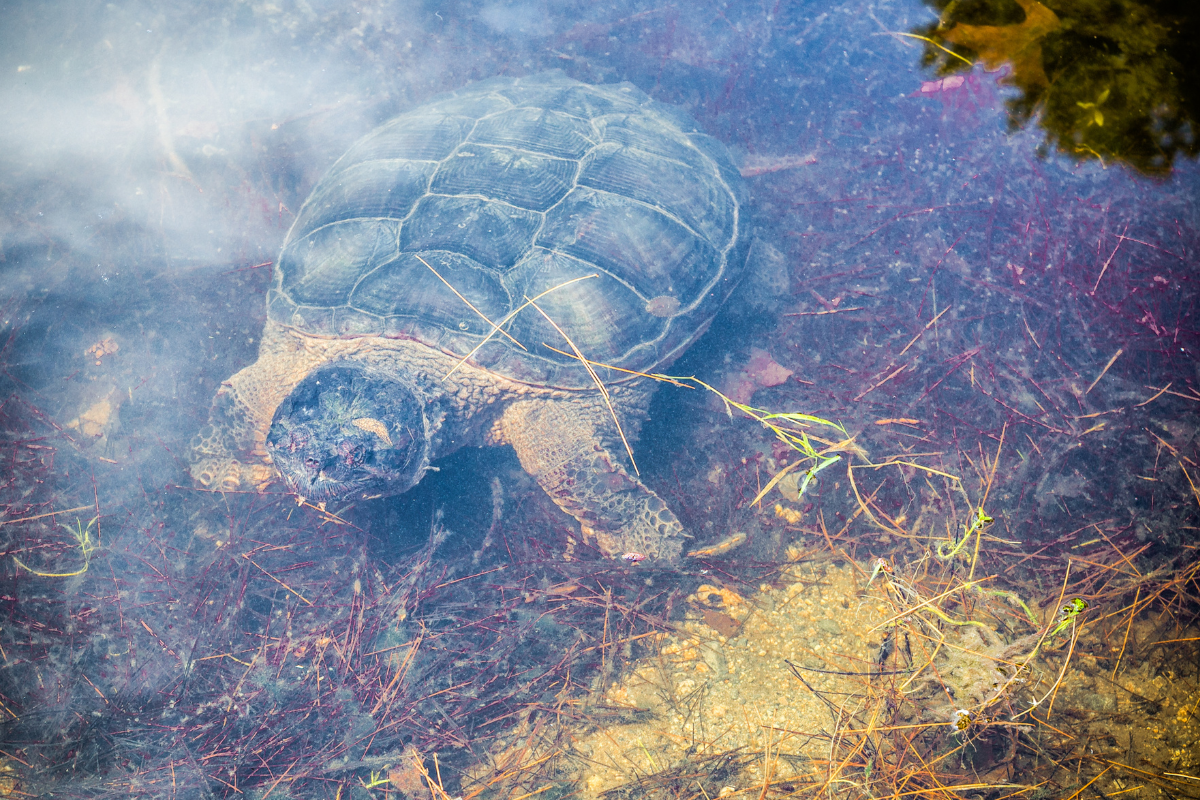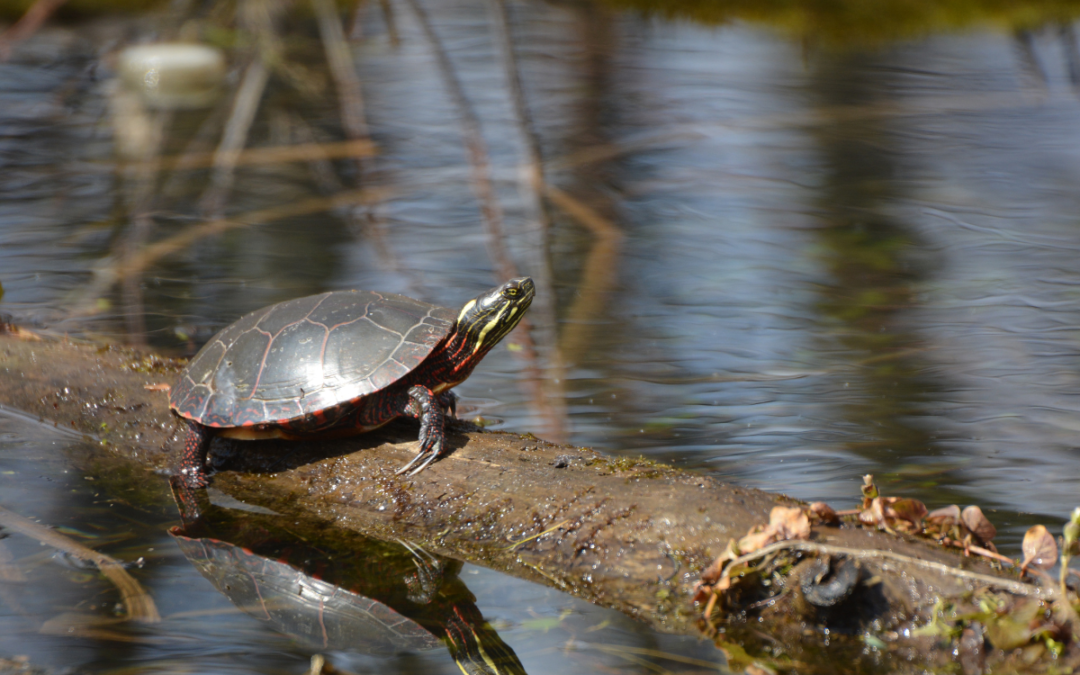Turtles in a small pond can be a topic of much debate among pond owners and enthusiasts. Some view them as charming, beneficial inhabitants, while others worry about their potential to disrupt the ecosystem and harm fish populations. Understanding the role they play in a pond ecosystem, their dietary habits, and their overall impact can help clarify whether they are a good or bad addition to a small pond.

Ecological Benefits of Turtles
Turtles can contribute positively to the ecological balance of a pond. Here are several ways in which they can be beneficial:
1. Algae Control: Many species, such as red-eared sliders and painted turtles, consume significant amounts of algae. By grazing on algae, they help prevent algal blooms, which can deplete oxygen levels in the water and harm fish and other aquatic life.
2. Nutrient Cycling: They play a role in nutrient cycling within a pond ecosystem. As they forage and excrete waste, they help break down organic matter and release nutrients back into the water, supporting the growth of beneficial aquatic plants and microorganisms.
3. Pest Control: They often eat insects, larvae, and other small invertebrates that can become pests in a pond. By keeping these populations in check, turtles help maintain a balanced ecosystem and reduce the likelihood of pest-related problems.
4. Scavenging: They are natural scavengers and will consume dead fish and other decaying organic matter in the pond. This scavenging behavior helps keep the pond clean and reduces the buildup of potentially harmful bacteria and pathogens.

Potential Concerns with Turtles
Despite their benefits, there are concerns about having turtles in a pond or small lake, primarily related to their potential impact on fish populations and pond infrastructure:
1. Fish Predation: One of the main concerns pond owners have is whether they eat fish. While turtles are omnivorous and do eat fish, their impact on fish populations can vary. They generally prefer to eat fish that are already sick, dead, or slow-moving. Healthy, fast-swimming fish are less likely to be caught by turtles.
2. Competition for Resources: Turtles and fish may compete for similar food resources, such as insects, small invertebrates, and aquatic vegetation. In a small pond with limited resources, this competition can affect the growth and health of fish populations.
3. Vegetation Damage: Some species are known to feed on aquatic plants, which can lead to overgrazing and damage to the pond’s vegetation. This can impact the overall health of the pond, as aquatic plants play a crucial role in oxygenating the water, providing habitat, and stabilizing the pond’s ecosystem.

Managing Turtles in a Small Pond
Turtles can be both beneficial and problematic for a small pond, depending on the specific circumstances and how they are managed. Their roles in algae control, nutrient cycling, pest management, and scavenging are valuable contributions to the pond ecosystem. However, concerns about fish predation, competition for resources, and vegetation damage must be considered.
Ultimately, whether turtles are a good or bad addition to a small pond depends on the pond’s specific conditions and the goals of the pond owner. By carefully managing turtle populations and taking steps to balance the needs of all pond inhabitants, turtles can coexist harmoniously with fish and other aquatic life, contributing to a healthy and vibrant pond ecosystem.
Let Up Help with Your Pond!
If you’re in the south GA or north FL region and need help managing the fish populations in your pond, complete this form and we’ll contact you to schedule a time to meet.

